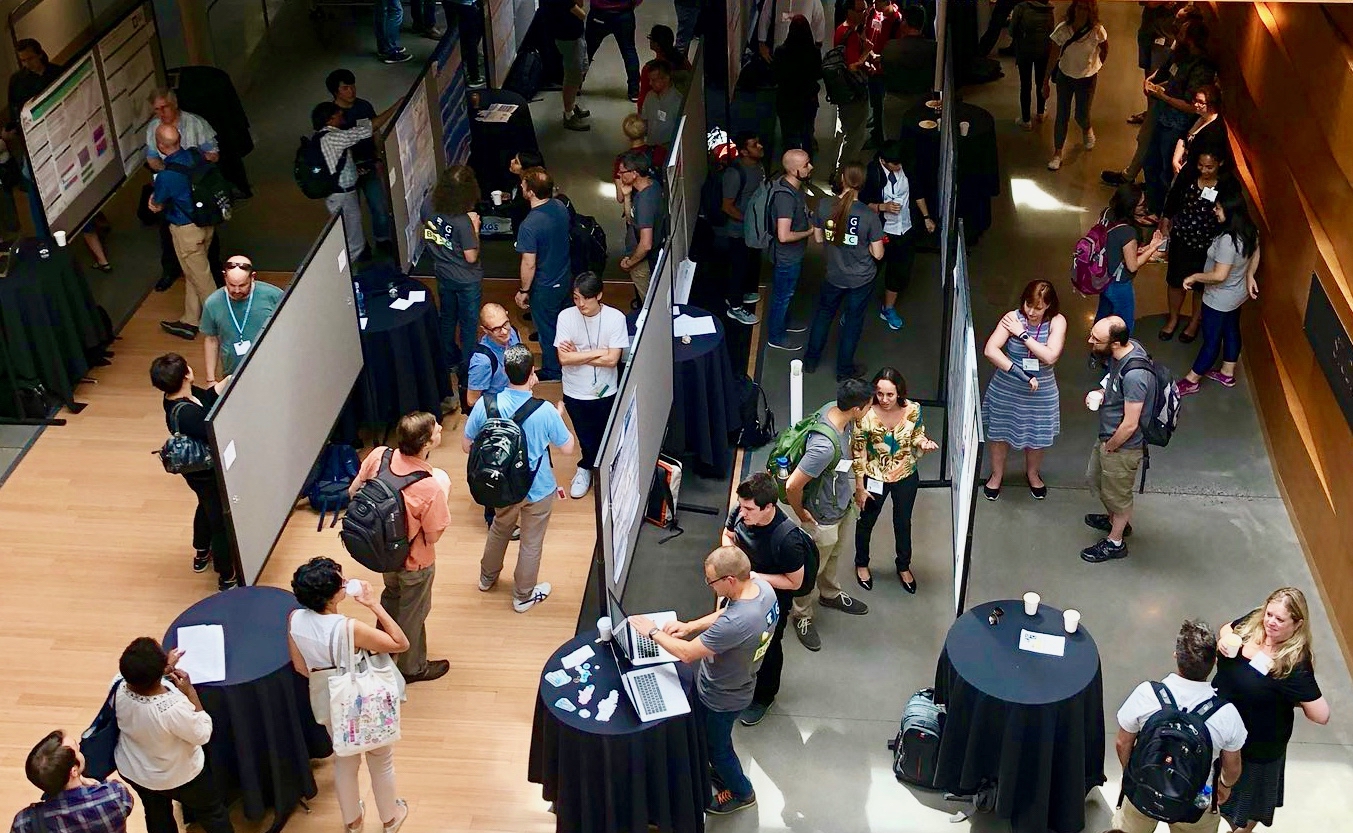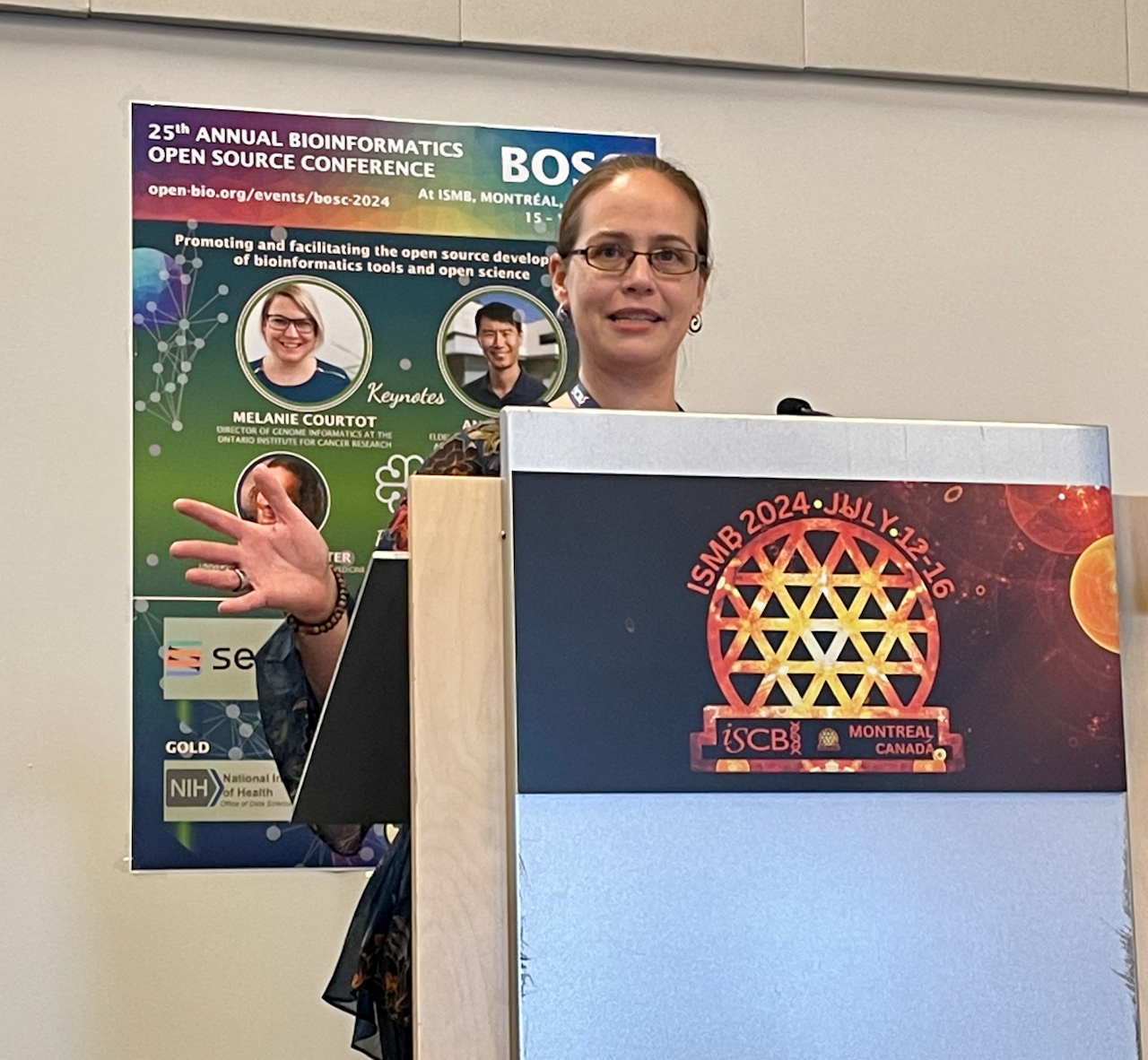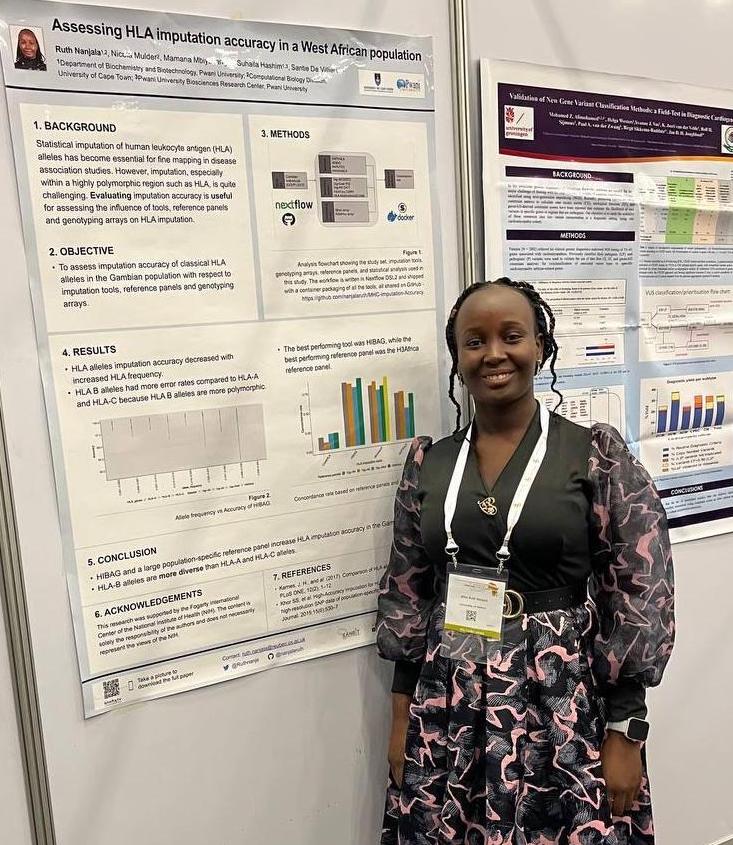BioPerl developers and users attended the BioPerl satellite meeting on January 13th, just prior to the GMOD Meeting. Several items were covered on the agenda:
- In order to start addressing whole genome data with more lightweight objects, we are planning on setting up a lightweight Bio::SeqI object that has a flexible DB backend (i.e. Bio::DB::SeqFeature::Store or similar). We are also contemplating adding lazy parsing for some parsers, possibly using the Bio::PullParserI methods (or similar) that Sendu Bala created.
- After a final 1.6 branch point release, we may ‘freeze’ BioPerl in a maintenance mode, primarily so that we can reorganize core into several more easily installed subdistributions on a branch. New modules will essentially be additional separate repos that will depend on BioPerl core. This reorganization has been discussed for a few years now, and as we edge closer to starting this (probably this spring) we’ll announce more details.
- Some initial thoughts on how to handle circular genomes more efficiently. We essentially do this already, but it isn’t full-proof.
- Need some significant time dedicated towards GFF3-based coding (reimplement FeatureIO but allow some flexibility). Rob Buels had started the initial run at splitting out FeatureIO, so next step is a true reimplementation.
- We don’t plan on including Moose support for the immediate future, feeling that it would be better to reimplement some of the classes from scratch using Moose and similar as a BioPerl 2.0, or possibly await the impending Rakudo Perl 6 alpha and start afresh using that instead of Moose.
Anything we missed? Anything you would like to address? Please add comments and we’ll discuss them on list.
[Read More]

